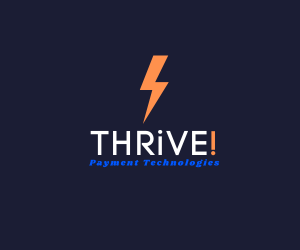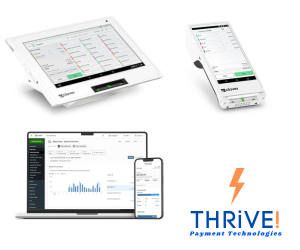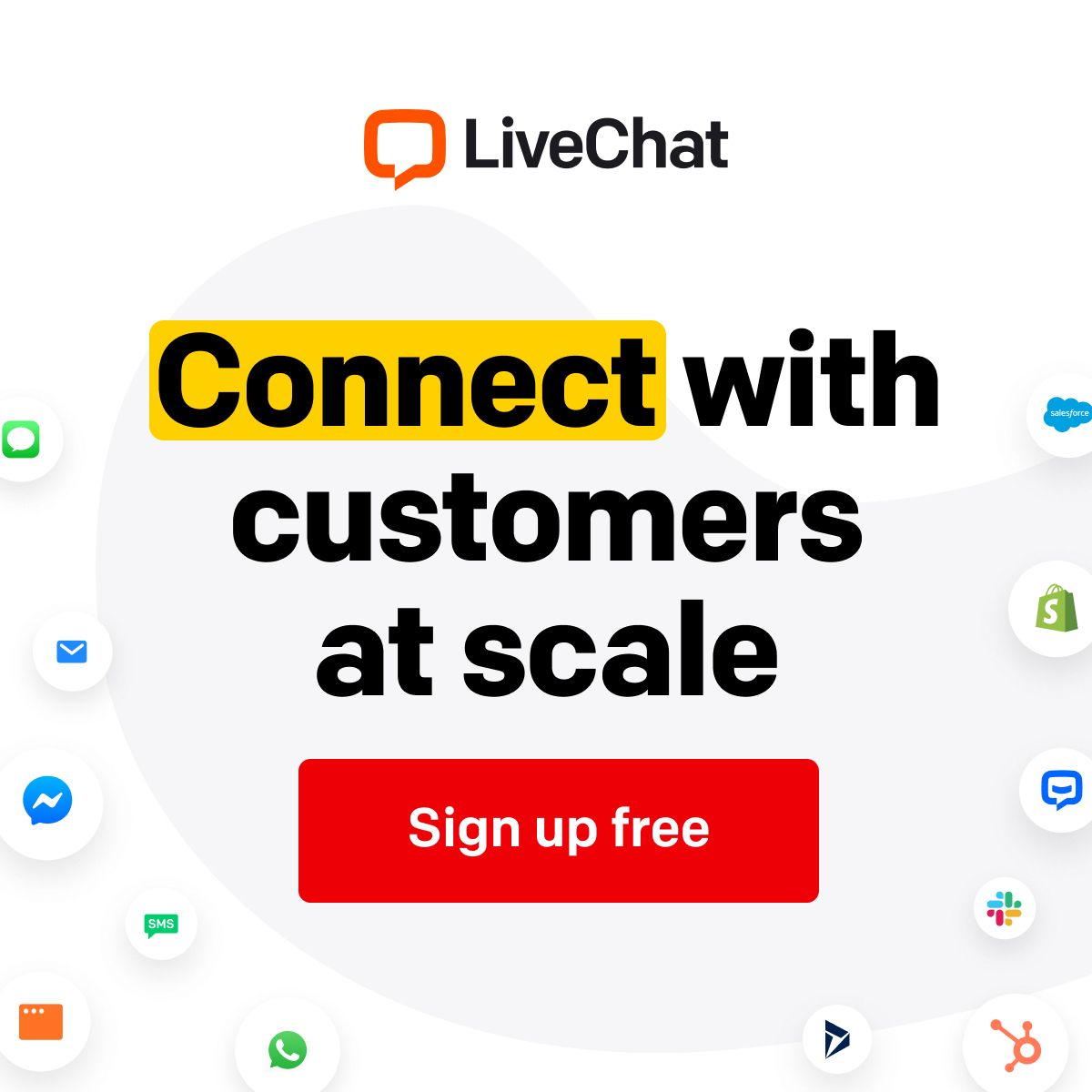Paid Online Marketing Campaigns
Comparing the effectiveness of Search Engine Marketing verses Social Media Marketing
If you've been following along with us, you have your website optimized and submitted to major search engines. You've made sure your business listing is set up in major online directories and are developing online reviews for your business . Now it’s time to consider making an investment in paid online advertising campaigns.
Our prior sessions would be categorized as mostly SEO or Search Engine Optimization strategies. These are tactics to get your business or non-profit found online. SEO strategies are highly effective tactics to increase the authority and rank of your website in major search engines including Google and Bing. If you're not already utilizing an SEO strategy, we need to talk. But, right now we are talking about using paid online strategies to connect with your target audience and drive new business through your website, phone calls, or visits to your store. SEO works is mostly a long term investment that will yield results over time. Paid marketing campaigns if done correctly can yield immediate results and turn a visitor to your site into a paying customer. In online language, this would be called a conversion.
Search Engine Marketing (SEM) : The advantage of search engine marketing is that when set up properly, your campaigns can serve ads to leads and potential customers right at the moment of the search. So at the moment of demand, when a potential customer is taking action, researching, and searching for the solutions you offer, your ad can be served and through it your offer can be made. Now this of digital marketing is based on specific keywords. Finding the right keywords for your campaigns is key to finding your customers at just the right time. Our free online traffic estimator tool (available upon request) can help you get started with basic data on search volume per keyword, keyword ideas and breakdown by geography. Google has around 70% of the global market share for search. I would recommend using Google and Bing.
In addition to Keyword based Search Engine Marketing, Google also offers more advanced options including Display Advertising. Display advertising is placing your interactive or image ads on the Google Display Network- thousands of websites that partner with Google to serve ads to users. A number that totals around 2 million websites. Google also tracks user activity and interests online. Users can be targeted based on this data.
The last thing I want to mention which can be very effective is remarketing. Remarketing is serving ads to previous visitors to your website. As the user views other content online, your ads will be served to them on various websites. For example, a user visits your website and then visits nytimes.com. If you have an online digital remarketing campaign set up you can serve an ad to that same person.
Social Media Marketing (SMM): Social Media Marketing is using the the power and influence of social media website including Facebook, Instagram and Twitter to reach the vast number of users on these websites and the incredible amount of data these networks, specifically Facebook has been able to gather about their users.
Facebook : Advertising on Facebook can allow you to very specifically target the exact user you are trying to reach. For example you can target users based on their interests including music, companies, public figures they follow, etc. You can also target your campaign based on company worked for, position held at a company, including President or Managing Director. You can also reach people based on activity including those who have made donations online and you can even target those who have made specific donations to religious causes for example.
Instagram : Instagram has surged in popularity and is quickly becoming the go to social media platform. All of our paid social media campaigns advertise on both Facebook and Instagram, unless you specify otherwise.
The best part of both types of paid campaigns we have discussed is all the advertising is trackable and measurable. You know what you are paying for, who you are reaching and what type of response you are getting. As you begin to advertise online and invest more of your marketing dollars in digital marketingb solutions from L2 Digital Marketing there are additional Digital Marketing 2.0 tools available including conversion tracking and more sophisticated ways to even more accurately measure your return on investment through inserting code into the back end of your site to track user activity on your site. All of our campaigns give you full transparency and reporting available 24x7 so you know the cost per action of each person seeing and responding to your advertisement.
















